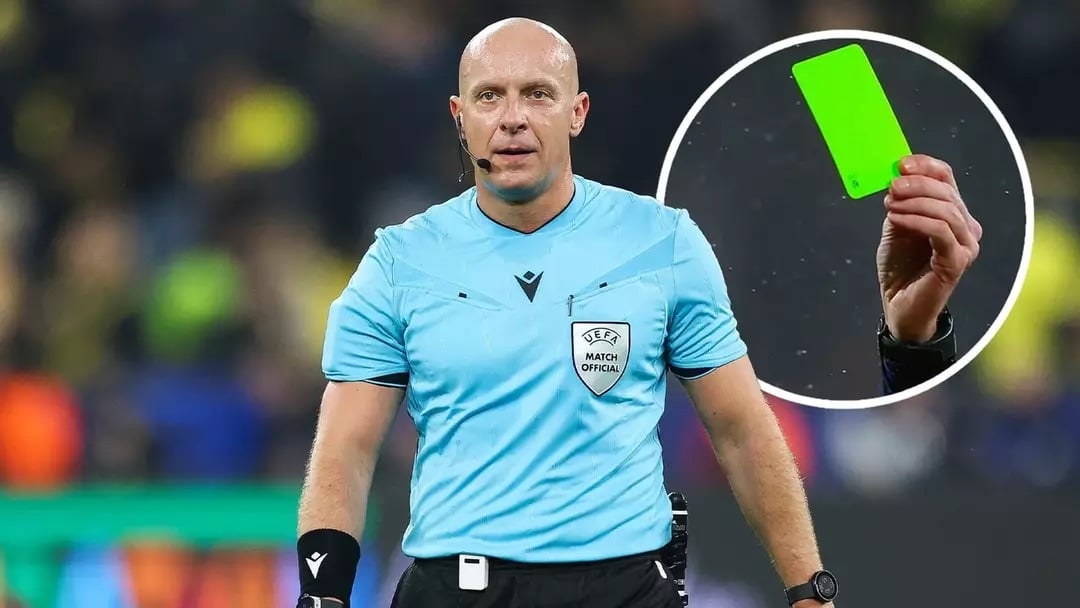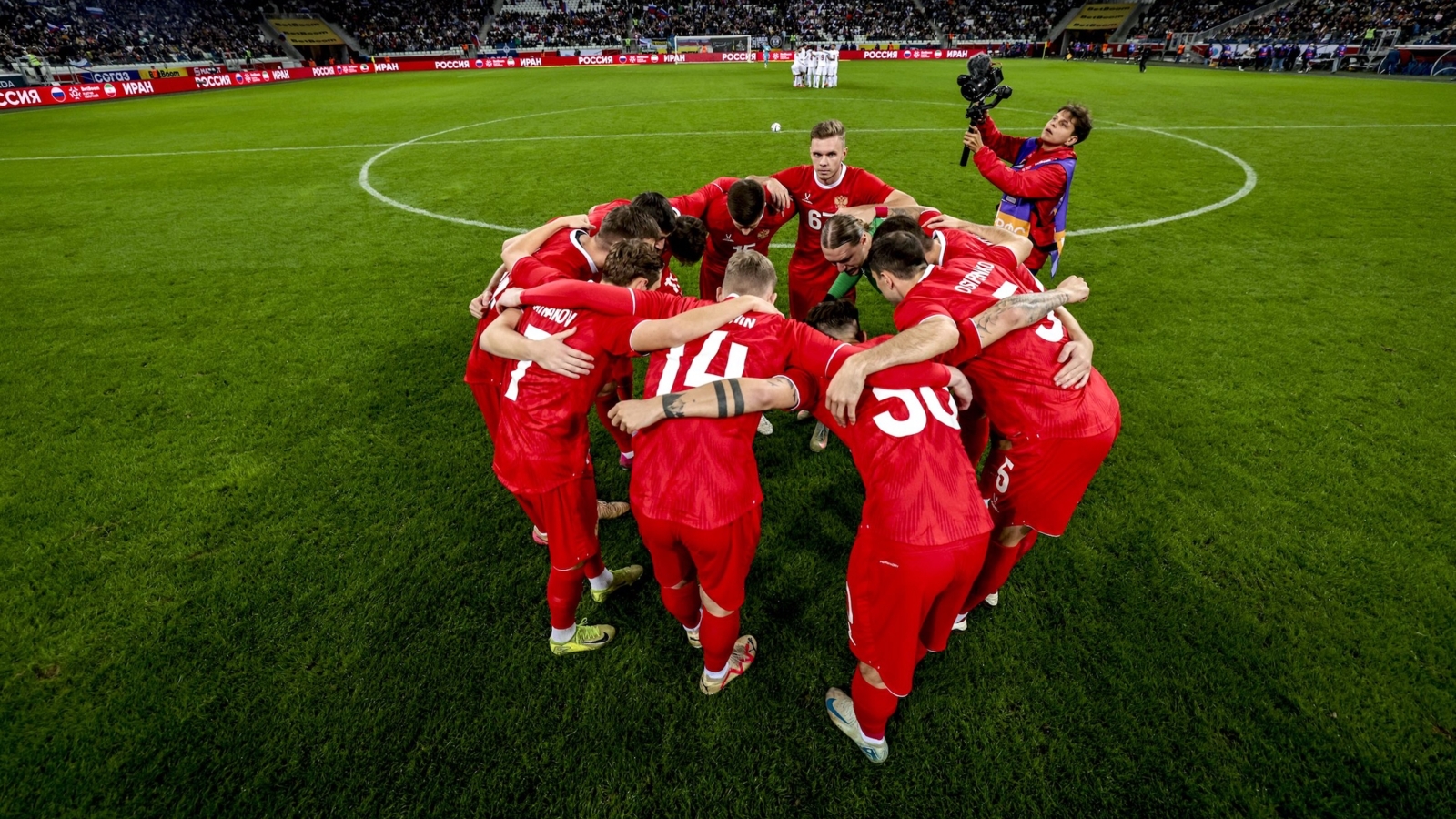The International Football Federation (FIFA) recently marked a historic moment by implementing and testing a revolutionary new rule: the green card. This signified the very first time such a card has been utilized in the sport, potentially transforming football’s regulatory landscape. The inaugural use of the green card took place during a U20 tournament currently being held in Chile, marking a significant step in FIFA’s ongoing development, reportedly for its U20 World Cup 2025 edition.
Football’s modern era has seen various rule changes aimed at enhancing fair play and discipline. Since the 1970 World Cup, the familiar red and yellow cards have served as fundamental tools for referees to penalize players for serious fouls and misconduct. However, FIFA continues its exploration of additional mechanisms to enhance the sport’s regulations, constantly seeking ways to improve decision-making accuracy and ensure greater fairness on the pitch. This ongoing commitment could significantly reshape global football in the years to come. The U20 tournament in Chile provided an ideal platform for FIFA to conduct trials for these new rules, with the green card at the forefront of these experiments.
The core function of the green card is to allow team managers to challenge a referee’s decision, specifically by demanding a review using the Video Assistant Referee (VAR) system. This mechanism is designed to address ambiguous or intensely contested calls during matches with greater clarity and accuracy, thereby minimizing potential errors.
This historic first deployment of the green card occurred on September 29th, during an engaging match between the U20 national teams of Spain and Morocco. In an intense encounter, which saw Morocco emerge victorious with a 2-0 scoreline, Spain was initially awarded a penalty kick within Morocco’s penalty area. However, Morocco’s coach, Mohamed Ouahbi, strongly disputed the referee’s decision. Exercising the newly introduced rule, Coach Ouahbi promptly brandished the green card, compelling the referee to conduct a mandatory VAR review. The subsequent review determined that no foul had occurred, leading the referee to overturn the initial penalty decision against Spain.
Under the current trial conditions for the green card, each team’s manager is granted two challenges per match. This limited number of challenges ensures that the system is used strategically to address genuinely unclear or potentially erroneous officiating decisions, rather than for frivolous interruptions. The entire concept behind this challenge system is inspired by similar successful mechanisms already found in other major sports, such as American football, basketball, and tennis, where coaches or players can request reviews of specific calls.






